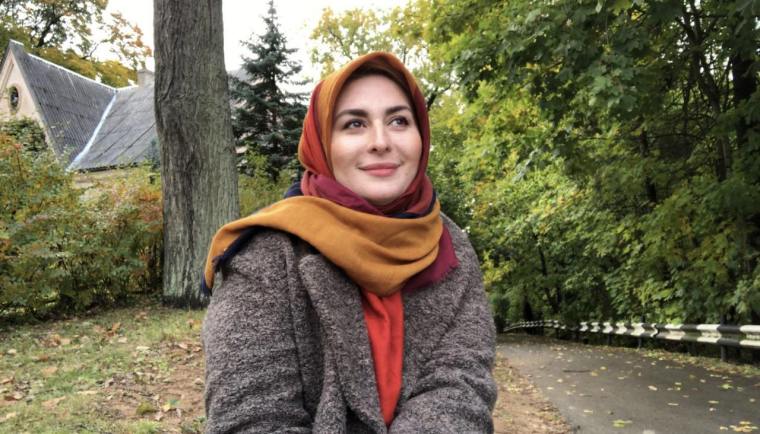Paris, August 8, 2022 — Russian authorities should immediately drop all charges against Isabella Yevloyeva, and stop using laws on “fake” information about the Russian military and government to intimidate journalists and censor any reporting on the war in Ukraine, the Committee to Protect Journalists said Monday.
On July 27, authorities opened a criminal case for disseminating “fake” information about the Russian military against Yevloyeva, chief editor of independent news website Fortanga, according to the journalist, who spoke to CPJ via messaging app and posted about the incident on social media, as well as posts by her outlet and Setevye Svobody, a Russian freedom of expression legal assistance organization, which is representing her.
Yevloyeva, who is currently located outside Russia, was put on the country’s wanted list, according to those sources.
“Russian authorities have invested ridiculous efforts and resources to prevent any accurate coverage of the war in Ukraine and to remind journalists—wherever they may be—that their work is under close scrutiny,” said Carlos Martinez de la Serna, CPJ’s program director, in Madrid. “Authorities must immediately drop all charges against Isabella Yevloyeva, and stop prosecuting journalists who report on the war.”
In March 2022, Russian lawmakers adopted changes to the country’s laws, imposing fines and prison terms for spreading “fake” information about the country’s military and the actions of government agencies abroad or “discrediting” them.
The charges against Yevloyeva stem from a June 27 post on Fortanga’s Telegram channel, which allegedly contained false information about the Russian armed forces, according to Setevye Svobody. On that day, Fortanga published a report about Russian army losses in Ukraine and the bombing of a shopping center in the central Ukrainian city of Kremenchuk.
Authorities previously opened two similar criminal cases against Yevloyeva in connection to posts published on the journalist’s personal Telegram channel in March and April, according to media reports and Yevloyeva.
She told CPJ that she had moved those posts from Fortanga’s website to her personal Telegram account with a hope to protect the outlet from being blocked by Russian authorities. However, on March 28, Russian state media regulator Roskomnadzor blocked Fortanga’s website, Yevloyeva wrote on Twitter.
If Yevloyeva is found guilty and brought to Russia, she could face up to three years in prison, according to Russia’s criminal code and Stanislav Seleznyov, a senior partner with Setevye Svobody, who spoke to CPJ via messaging app.
On June 7, the journalist reported on Telegram that law enforcement officers searched her former home, where her parents live, in the Ingushetia city of Sunzha. On June 17, she reported that her mother had been summoned to the Russian Investigative Committee in Ingushetia for questioning in relation to the charges against her daughter.
CPJ emailed the Russian Investigative Committee in Ingushetia for comment, but did not receive any reply.
Separately, on July 13, media reported that Sergei Reznik, an exiled freelance reporter from the southern city of Rostov-on-Don, was charged with spreading “fake” information about the Russian army over posts on his personal Telegram channel, where he covers the Russian invasion of Ukraine and has around 13,400 followers.
Also on July 13, police in Simferopol, the capital of Russian-occupied Crimea, told Rolan Osmanov, a reporter for online news outlet UA South, that a case had been opened against him; police arrested Osmanov, held him for three days on charges of disobeying police, and released him after charging him with discrediting the Russian army, according to multiple media reports.
On July 18, a court in the Crimean city of Kerch started judicial proceedings against Elena Yurchenko, a journalist working in exile for Krym.Realii, the Crimean division of U.S. Congress-funded Radio Free Europe/Radio Liberty’s Ukrainian service, for discrediting the Russian army, according to media reports, which said she could face a fine of up to 50,000 rubles (US$826). Authorities did not specify the grounds for the charge, those reports said. The journalist, who left Crimea in 2014 after Russia’s annexation of the region, recently covered news related to the war in Ukraine.
CPJ is investigating to determine whether Yurchenko’s and Osmanov’s charges are linked to their journalistic work.
